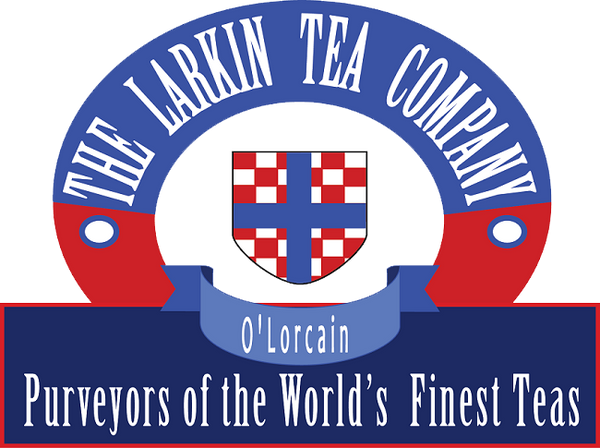Does tea water temperature matter?
Why do different types of tea have different sets of brewing instructions? What does it mean when my tea tastes burnt? Do water temperature and steep time even matter? If you’ve found yourself asking any of these, you’re not alone! In this Brewing 101 guide, we will explain why tea water temperature is important to achieving a successful brew.
The Importance of Tea Water Temperature when Brewing
Water temperature and steep time directly affect the flavor of your brew. If you don’t pay attention to them, your favorite cup of tea can easily turn from delicious to bitter. Although water temperature and steep time can be left to personal preference (and don’t be afraid to play around with them!), we recommend following the below steps to attain the quintessential cup.
Heating Your Water
While a kettle with variable temperature options is ideal, it’s not entirely necessary! You can always bring your water to a boil and let it temper off for a few minutes to lower the heat. Once it has cooled down enough, pour it over your tea leaves and proceed with your steep time.
Brewing Guide: Tea Water Temperature & Steep Time
White Tea: 175°F, with a steep time of 3–4 minutes.
Green Tea: 175°F, with a steep time of 3 minutes. Note: for Japanese green teas, we recommend just 1 minute at this temperature.
Oolong Tea: 195°F, with a steep time of 4–5 minutes.
Black Tea: 195°F, with a steep time of 5 minutes.
Pu-erh Tea: 195°F, with a steep time of 5 minutes.
Herbal Tea: 212°F (boiling), with a steep time of 5 minutes or more.
Matcha: 175°F, whisk and serve on its own or add milk if desired.
These brewing methods apply to tea blends as well. If you have a tea blend with a black tea base, then follow the guidelines for steeping black tea. However, if you have a tea blend that uses both black and green teas, then you should use the green tea steeping guidelines. When you have a blend with different types of tea that require different brewing temperatures, you should use the lower brewing temperature, so you don’t over-extract your tea.
Astringency in Tea
Over-extracted tea becomes astringent, creating that bitter or almost “burnt” taste you want to avoid. Astringency is caused by the polyphenols, or tannins, in the tea leaves. That being said, if your water isn’t hot enough, your tea can taste weak and mild in flavor. We recommend following this brew guide to help you find a happy medium and make sure you serve the best cup possible.
Final Thoughts
All in all, it’s important to pay attention to your brewing variables. Using optimal tea water temperature & brewing times allow you to experience all your tea has to offer.

